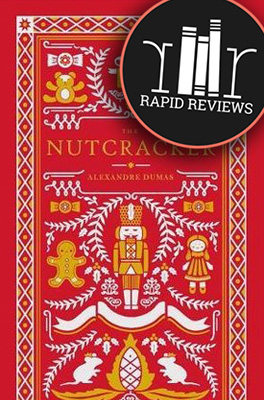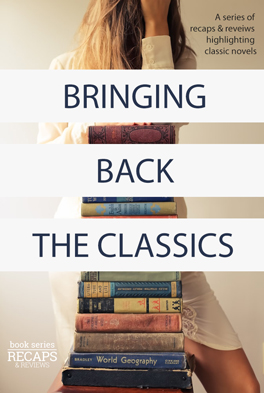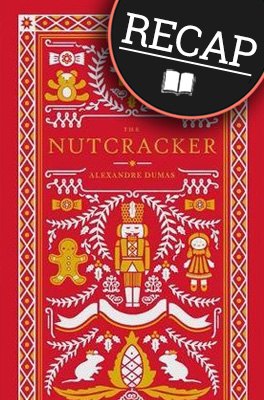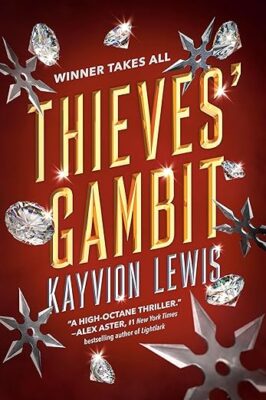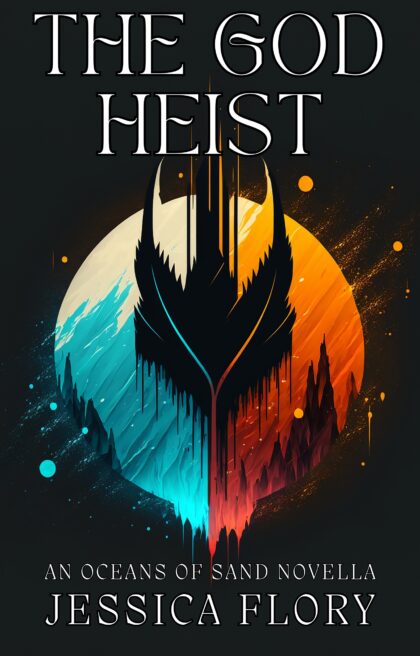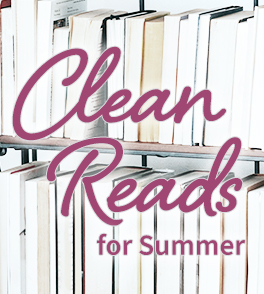No spoilers in this review of The Nutcracker, written by E.T.A. Hoffmann and adapted by Alexandre Dumas.
Special thanks to Sarina Byron, a BSR contributor who wrote this great review! Sarina is a British Author and Contributing Writer living in California. Sarina enjoys bringing forth a different perspective and encouraging a different way of thinking through her writing. Visit her blog to read her reviews, and check the end of the review for a link to her Instagram.
The holidays are never really complete without a trip to watch The Nutcracker, and they wouldn’t be complete without a cheeky read of the book as well, would they?
The much-loved ballet is sold out in every part of the world in which it is goes on stage year after year. If you ever wondered why, this book is your answer. It’s not an age-old story, nor is it exactly every child’s fantasy. Rather, its appeal lies in it being so close to our everyday reality. I don’t mean our toys actually come alive and battle each other fiercely every night, but the reality comes into play as it’s a story within a story. The authenticity of the tale is that life is not about one or two protagonists, it does not have a “good guy” and a “bad guy,” and it does not necessarily have a moral.
We all live lives where we often loom large in our everyday realities, but sometimes other people loom larger. All of us swing between being the “good guy” and the “bad guy” on a daily basis, and if we are honest with ourselves, we may admit we sometimes swing between those two extremes within a single conversation! The aspect I most favor, though, is the third one: the moral.
People’s lives are not linearly cut by morals; they are a series of concurrent choices and consequences. One can use morals learnt from books and apply them where possible, but there is no scoreboard that assures us we are doing the right thing. We learn based on the results of our decision and take chances where we deem them worthy. The Nutcracker is possibly one of the rare children’s books that is true to life in this manner.
It may come as a surprise to some that the story of The Nutcracker as portrayed in the ballet is nowhere close to the original story. The original story was written by Ernst Theodor Amadeus Hoffman, adapted further by Alexandre Dumas, and eventually watered down into the fairy-tale version that goes on stage as The Nutcracker each year.
Hoffman and Dumas’s versions have a central theme in common. They do not underestimate the power of a child’s mind. The fundamental premises of life like love, loss, happiness, relationships, and hurt are all presented in their most naked form. Children are not offered as angelic versions of themselves, and everyday fears of parents are right where we would expect to find them. Mary and Fritz have their own personalities, with Mary being gentle and Fritz being loud and rough.
Neither of the authors pretend to balance both children into a nice little happy medium. There is no attempt to explain any behavior that does not sit nicely with the expectation of “good” children. Likewise, their parents Judge and Mrs. Silberhaus or Stahlbaum, depending on the version you are reading, exhibit fears that parents face every day.
When Mary speaks of her experiences with the toy kingdom and interactions with the Nutcracker, her parents quickly explain them away as fanciful dreams. Her utterings disturb them so immensely that they ask her to stop speaking of such things and control her imagination.
Considering the times that this was written in, her parents’ reactions are quite typical. Those were the days where any deviation from “normal” was greatly feared and shut down without further delay. When in today’s times, we encourage individuality and expression, such things were disastrous to one’s “reputation” in the times that this book was written. The Nutcracker has masterfully preserved this social commentary in the various bends and peaks of this story for us to enjoy.
When you read stories, it feels natural to wonder how other authors reacted to them. Writers can be fiercely competitive, and when it comes to their stories, which are essentially their creations, things can get personal incredibly fast. In that spirit, when I think about how Hoffman wrote a story which was not “written down” or simplified for children and how Dumas preserved that spirit, it feels like a break from tradition on the part of both writers.
It takes a fantastic understanding of children’s psychology and their maturity to write a story one is confident will be understood. I dare say, it takes even more maturity on the part of the writer to put something like that out for other writers to criticize. In Dumas’ own words, “Their teeth were broken in the process of tearing apart the works of their fellow authors”. No doubt, The Nutcracker earned its fair share of criticism for challenging the norm of children’s books and was torn apart multiple times by other authors for being unsuitable.
The more I read children’s books, the more I cement my belief that writers embed secret life lessons within the stories. Sometimes it’s simple things such as rising above the schoolyard bully, handling peer pressure, or ensuring enhanced results through well thought out behavior. Other times, it’s concealed messages such as when the astrologer and mechanician draw up Nathaniel Drosselmayer’s astrological chart after he is disfigured by Dame Mousey’s curse.
They discuss that despite everything, he can still be a king or a private individual, depending on the choice he makes for himself. This little half sentence can sometimes be missed in the course of reading the book but says everything about life. Life essentially boils down to the choices we make. Whoever we are is a choice we make on a daily basis. We may like to pass the blame to our genes or our circumstances, but none of that will help anything or improve matters in any way. The only thing that will make an actual difference is for us to make a clear choice for who we are.
With that, I leave you, dear reader, to enjoy this masterpiece which has given rise to debates of every sort since it was first published. At Book Series Recaps, we love to introspect and, in that spirit, would encourage you to read The Nutcracker as well as hunt down every single contention and accusation that has been levied at the book. Ironically, everything hurled at The Nutcracker enhances the very experience of the book itself!
Let us know what you think about this review of The Nutcracker and Sarina’s great review in the comments! No spoilers on this page, please!
Ready to read The Nutcracker? Click to buy and help us pay for hosting.

What now?
Don’t forget to check out Sarina’s blog, and you can follow her on Instagram!
Follow Book Series Recaps on Instagram, Pinterest, and Twitter.
Friend us on Goodreads: Sara and Stacy.
Oh and share this review of The Nutcracker with your friends who might like this book!







